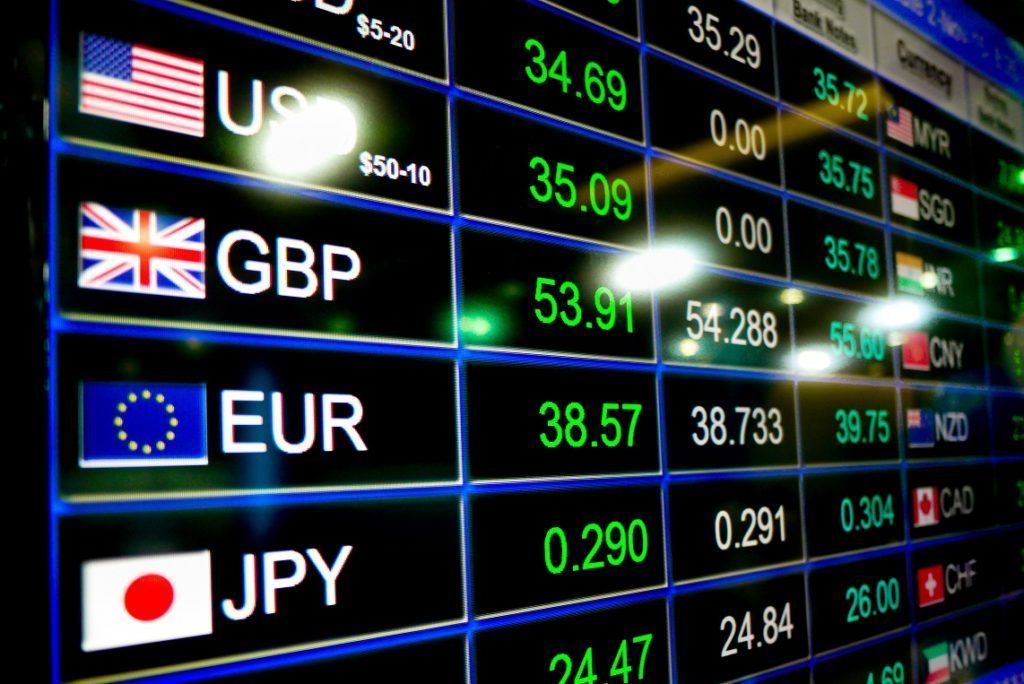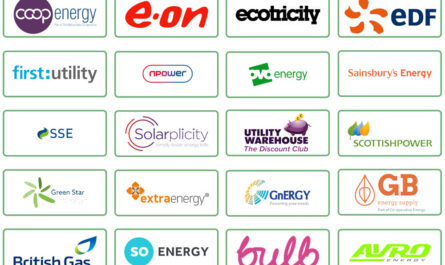Forex accounts are the gateway to the exciting and potentially lucrative world of foreign exchange trading. These accounts allow individuals and institutions to buy and sell currencies from around the globe, taking advantage of fluctuations in exchange rates. Understanding the different types of forex accounts, their features, and the platforms used for trading is crucial for success in this dynamic market.
This guide will explore the various types of forex accounts available, outlining the key features and characteristics of each. We’ll delve into the process of opening an account, including the necessary documentation and funding methods. We’ll also examine the essential features of forex accounts, such as leverage, margin, and spreads, and discuss how these factors impact trading strategies.
Understanding Forex Accounts

Before diving into the world of Forex trading, it’s essential to understand the different types of Forex accounts available. Choosing the right account type is crucial for your trading success, as it influences your trading experience, costs, and potential profits.
Types of Forex Accounts
The Forex market offers various account types designed to cater to different trader profiles and trading styles. Let’s explore the most common account types:
- Standard Accounts: These are the most traditional Forex accounts, offering high leverage and relatively low minimum deposit requirements. They are suitable for beginner traders and those who want to trade with larger lot sizes.
- Mini Accounts: Mini accounts are scaled-down versions of standard accounts, offering smaller lot sizes and lower minimum deposits. They are ideal for beginner traders who want to start with smaller investments and gain experience.
- Micro Accounts: Micro accounts offer even smaller lot sizes and lower minimum deposits than mini accounts. They are perfect for traders who want to start with very small investments or test their trading strategies before committing larger sums.
- ECN (Electronic Communication Network) Accounts: ECN accounts connect traders directly to the interbank market, providing access to raw, unfiltered pricing. They are known for their tight spreads and low commissions, making them suitable for experienced traders who prioritize speed and transparency.
- STP (Straight-Through Processing) Accounts: STP accounts operate by sending orders directly to liquidity providers, offering competitive spreads and fast execution speeds. They are a good option for traders who value reliability and fast order execution.
Key Features of Forex Accounts
Each account type has specific features that differentiate it from others. Here are some key features to consider when choosing a Forex account:
- Minimum Deposit: The minimum amount of money required to open an account.
- Leverage: The ratio of borrowed funds to your own capital. Higher leverage allows you to control larger positions with a smaller investment, but it also amplifies your potential losses.
- Spreads: The difference between the bid and ask prices of a currency pair. Lower spreads mean lower trading costs.
- Commissions: Fees charged for each trade.
- Trading Platform: The software used to place trades and manage your account.
- Account Currency: The currency in which your account balance is held.
- Trading Instruments: The currency pairs, commodities, or other assets available for trading.
Forex Brokers Offering Various Account Types, Forex accounts
Numerous Forex brokers offer a wide range of account types to suit different trader needs. Here are some examples of brokers offering various account types:
- FXTM: Offers Standard, Mini, and ECN accounts.
- XM: Provides Standard, Micro, and Ultra-Low accounts.
- Exness: Offers Standard, Mini, and Pro accounts.
- AvaTrade: Provides Standard, Zero, and Islamic accounts.
- Pepperstone: Offers Standard, Razor, and Edge accounts.
End of Discussion

Navigating the forex market requires careful consideration and a well-informed approach. By understanding the different types of forex accounts, their features, and the security measures in place, traders can make informed decisions and enhance their chances of success. Remember, choosing the right account based on your trading experience, capital, and style is paramount to maximizing your potential in this dynamic and ever-evolving market.
Question & Answer Hub: Forex Accounts
What is the minimum deposit required to open a forex account?
The minimum deposit requirement varies depending on the broker and the account type. Some brokers may offer micro accounts with as little as $10, while others may require a few hundred dollars or more.
What are the risks associated with forex trading?
Forex trading involves significant risk, as currency prices can fluctuate rapidly. It’s crucial to understand the risks involved and implement proper risk management strategies to protect your capital.
How do I choose the right forex broker?
Consider factors such as regulation, trading platform, account types, fees, customer support, and trading conditions when selecting a broker.
What is leverage, and how does it work in forex trading?
Leverage allows traders to control larger positions with a smaller amount of capital. It can amplify both profits and losses, so it’s essential to use it cautiously and responsibly.


